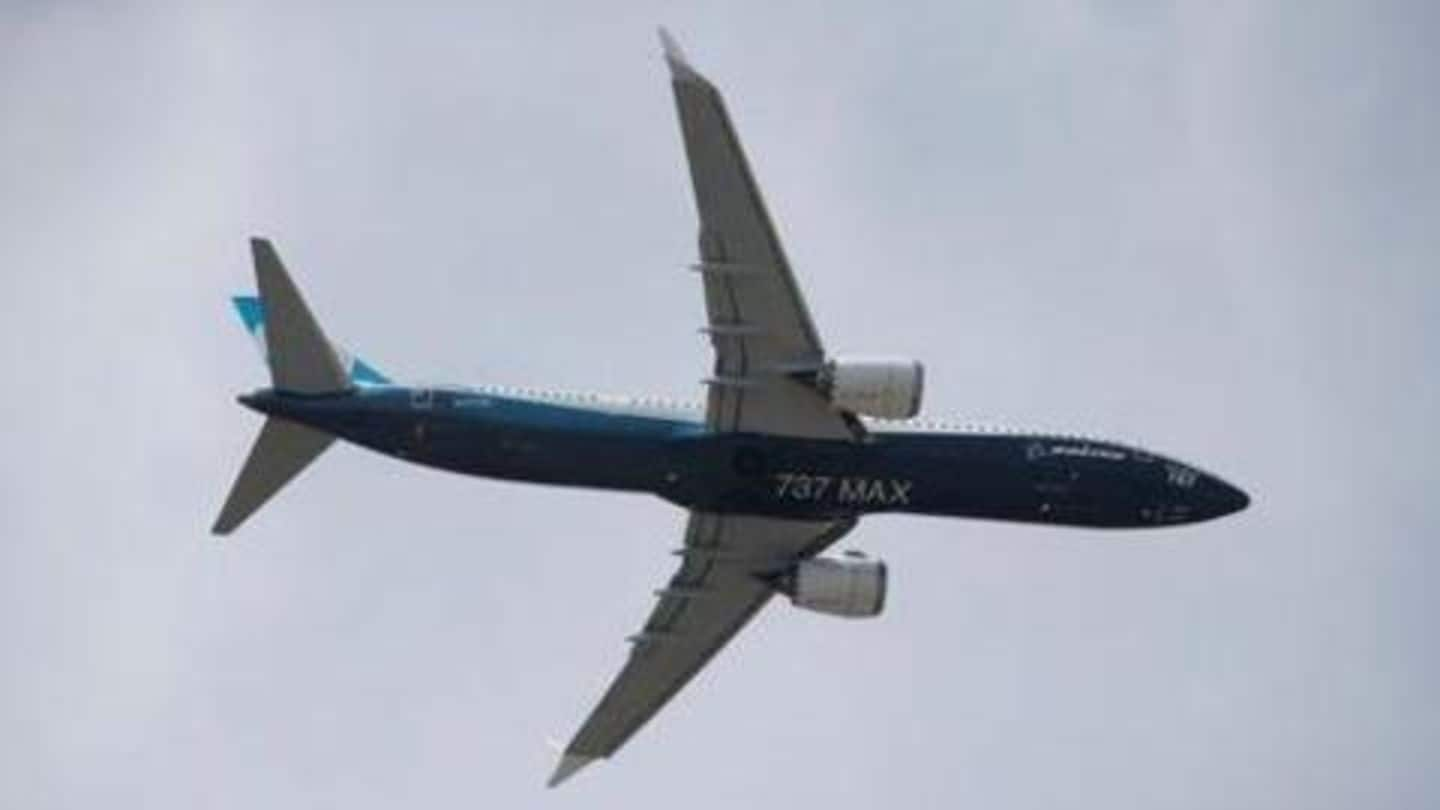
DGCA asks airlines to address issues with Boeing-737 MAX planes
What's the story
The Directorate General of Civil Aviation (DGCA) has asked Jet Airways and SpiceJet to take corrective action to address possible issues with their Boeing 737 MAX planes that could lead to "significant altitude loss" of the aircraft.
The latest directive follows advisories issued by US watchdog Federal Aviation Administration (FAA) and Boeing after the crash of a Lion Air aircraft in Indonesia last month.
Details
Both airlines run at least six Boeing-737 MAX planes together
Currently, Jet Airways and SpiceJet fly Boeing 737 MAX planes in India. Together, there are at least six such aircraft with the two carriers.
"Both the documents (by FAA and Boeing) address erroneous high 'angle of attack' (AOA) sensor input and corrective action for the same as it has the potential for repeated nose-down trim commands of horizontal stabilizer," a senior DGCA official said.
Information
If issues not addressed, crew will have difficulty controlling aircraft
The official said that if the condition isn't addressed, it could cause the flight crew to have difficulty in controlling the airplane. The condition can even lead to "excessive nose-down attitude, significant altitude loss, and possible impact with terrain," the official noted.
Directive
Changes asked to made within three days after FAA AD
Based on initial investigation of Lion Air aircraft accident, FAA issued Emergency Airworthiness Directive (AD) yesterday.
Within three days after its receipt, changes to airplane flight manual have to be done, for procedures which have to be followed by flight crew, the DGCA official said.
Comments from Jet Airways and SpiceJet were awaited. Meanwhile, Boeing released a bulletin about the issue on November-6.
Statements
DGCA was earlier asked to look at engines after crash
In the bulletin titled Operations Manual Bulletin (OMB), the American MNC directed operators to existing flight crew procedures to address circumstances where there is erroneous input from an AOA sensor.
Last month, Civil Aviation Minister Suresh Prabhu said the DGCA had been asked to look at engines, which it did, after which it sought details about the plane crash from both Boeing and FAA.